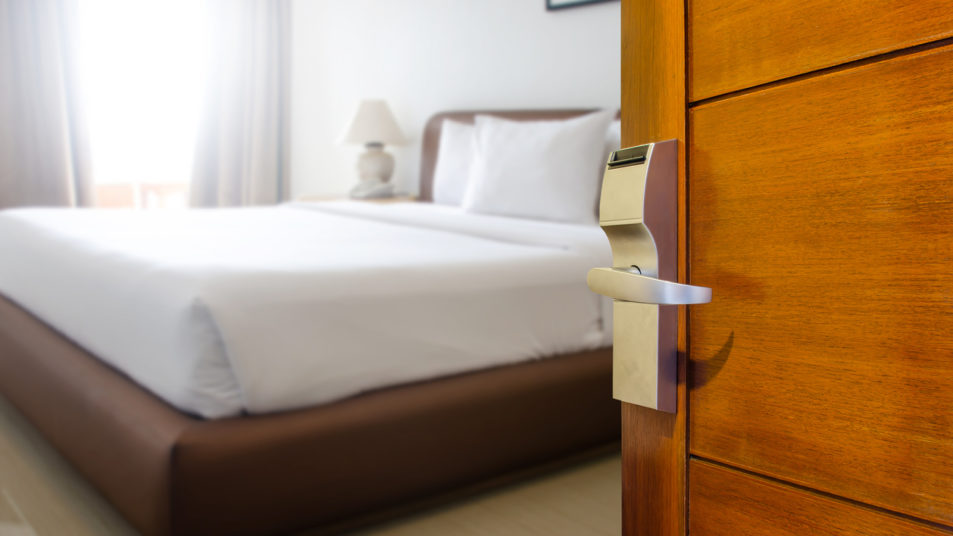Something Was Stolen From My Hotel Room—Who’s Liable?
Imagine you are on the road and decide to spend the night at a hotel. You check in, carry your stuff to your room, and get settled. Over the course of the night and the next morning, you are in and out of the room—checking out the pool, exercise room, and breakfast. When you gather your things to leave, you realize your laptop is missing. After further investigation, it becomes clear it was stolen.
While we all hope this nightmare scenario never happens, it is good to be prepared and understand the law regarding such an issue. More specifically, if something is stolen from your hotel room, who is liable?
While there is no easy answer to that question and there are a thousand different factors that could produce a thousand different answers—which state you are in, whether or not there is clear signage noting the hotel’s liability and policy, whether or not there is a safe—there are several general rules that can help determine liability when something is stolen from your hotel room.
Innkeepers Laws
Just about every state in the country has what are known as Innkeepers Laws. Innkeepers laws govern a range of issues related to hotels and the entire hospitality industry. For example, innkeepers laws cover things like:
- Evictions
- Overbooking
- Security
Innkeepers laws also cover the issue of liability when something is stolen. Because dollar amounts and exact verbiage of the laws vary from state to state, it is important to understand the rules in each state to which you travel.
By way of example, consider the innkeepers laws in the state of Massachusetts. In the Bay State, a hotel is only liable for up to $300 of lost property for things like luggage, clothing, and money. However, if you deposit money or jewelry to be watched by the hotel, their liability goes up to $1000.
Other states might have rules about safes in the room and signage stating the hotel’s policy and liability limit. For example, if one of your valuables is stolen and you hadn’t put it in the safe then the hotel might not be liable.
Also, generally speaking, hotels are not at fault if your loss of property is the result of an act of nature such as a hurricane or earthquake, or if it is the result of civil unrest such as a protest or riot.
Tips for Keeping Your Stuff Safe While Traveling
For the most part, innkeepers laws tend to favor hotels and inns. For that reason, it is important you educate yourself before you hit the road. You will want to make sure you read the hotel’s policy on items that are stolen and what you have to do to make sure your valuables are protected.
If a hotel room you are staying in has a safe, you might want to consider placing your valuable items inside of it whenever you are not in the room.
One other option that might be a good idea is traveler’s insurance. Most traveler’s insurance policies cover items that are stolen from a hotel room. Of course, the amount covered depends on the policy so you will want to make sure you get a policy that meets your needs.
Finally, if something was stolen from your room and you feel the hotel is responsible but they are stonewalling you, you may want to consider contacting a personal injury lawyer. A good lawyer will be able to investigate your case and determine whether or not the hotel should pay up.
Of course, not every item that is stolen will warrant legal action. But if you have had something truly valuable stolen from your hotel room, there might be steps you can take to seek justice.

Leave a Reply